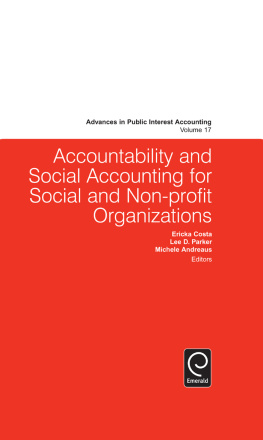Praise for
AUDACIOUS SOCIAL IMPACT
It is not often enough that educational practitioners from our nations Great City Schools step up with a big book that discusses lessons learned and implications for social organizations of all types. This book is one of those rare occasions, and it deserves to be read now more than ever by everyone hoping to make a positive contribution.
MICHAEL CASSERLY, Executive Director Council of the Great City Schools
Audacious Social Impact is an outstanding management playbook on how to develop building blocks for creating a sustainable, socially focused organization. It is an easy read that provides a sound framework anyone can adapt for success. The book blends management approaches with a variety of business case examples, which are easy to follow and learn from. This is the first book I have encountered that offers a common sense approach towards constructing a successful organization.
MALCOLM D. JACKSON, Assistant Administrator & Chief Information Officer, Environmental Protection Agency
Maurice Woods has expertly captured the success factors for those organizations who desire to make a meaningful social impact. Whether for-profit or nonprofit, leaders from across organizations and industries would benefit from reading this insightful, challenging and remarkable guide for creating audacious social impact!
LAWRENCE HAMILTON, Senior Human Resources Consultant and Executive Coach
Audacious Social Impact guides the reader on understanding how to create and sustain the success of a high-performing organization achieving social impact. Maurice Woods successfully tackles a complex issue and translates his twenty-five years of corporate and government experience into lessons readers can understand and act on.
GREGORY WHITE, President and CEO LEARN Charter School Network
Easy and enjoyable read filled with very practical advice that can be applied immediately. In fact, I have some initiatives in the development phase that I will apply these concepts.
WILLIE T. BURROUGHS, Chief Operations Officer San Antonio Independent School District
Maurices career has provided him a unique cross-industry perspective on how to lead organizations to be both high-performing and socially impactful. Clearly, with the right leadership in place, organizations can do good and do great. His book, Audacious Social Impact, sits at that intersection and contains frameworks and advice worth adding to your leadership toolkit.
CHAKA BOOKER, Managing Director The Broad Center

Audacious Social Impact:
A Practical Guide to BuildingHigh-Performing Organizations ThatDeliver Great Social Value
by Maurice Woods
Copyright 2018 Maurice Woods
ISBN 978-1-63393-751-2
All rights reserved. No part of this publication may be reproduced, stored in a retrieval system, or transmitted in any form or by any meanselectronic, mechanical, photocopy, recording, or any otherexcept for brief quotations in printed reviews, without the prior written permission of the author.
Published by

210 60th Street
Virginia Beach, VA 23451
800-435-4811
www.koehlerbooks.com
Note to Reader
The people and companies mentioned in this book are for illustrative purposes only. They are not intended to represent actual people or companies, unless identified as such.
This book is dedicated to my wife, Dri, for her kindness and devotion, and infinite love.
Thanks to my angels Craig, Jim and Giselle for watching over me and guiding my intuition.
PREFACE
According to a 2017 Edelman Barometer online survey of 33,000 respondents, 75 percent agree that a company can take specific action that both increase profits and improve the economic and social conditions in the community in which it operates.
Over the last twenty-five years, I have had the privilege to work with industry-leading firms in multiple sectors. This includes the consumer packaged goods sector, where I worked for Quaker Oats in sales, finance and planning. At PricewaterhouseCoopers I worked in the corporate and operations strategy division with clients such as General Motors, Gillette, Cadbury Schweppes and a host of mid-market organizations facing predominantly start-up or turnaround situations. As an entrepreneur, I launched a management-education firm that provided consulting, tools and templates similar to those I use in this book to organizations in urban communities. Those experiences combined with knowledge obtained from leading professors, chief executive officers and mentors put me in a position to help build high-performing organizations that deliver great social value.
After a successful career in the private sector working with Fortune 500 companies, I committed to giving back to the community by directing my intellectual capital toward helping socially conscious nonprofits, foundations, local governmental agencies, and social enterprises classified in the middle-market (defined as annual revenues between $10 million and $1 billion). Historically, these organizations did not have the same level of resources, discipline and management skills that some of the larger, for-profit organizations did.
According to a 2016 Innovation Network survey of 1,125 United Statesbased 501 (c)3 organizations, only 28 percent of nonprofit organizations exhibit the evaluation capacity to define success and measure results in a way that creates lasting change.
I soon realized that the expectations from shareholders (private sector) and stakeholders (public/nonprofit sectors) were not far apart. The fact was that both were demanding positive profits/outcomes that result in high returns on the money they had invested. This was backed by the Princeton Survey Research Associates International impact survey, which asked social-purpose organizations to rate their level of investment, including time, energy, money and resources, to which 70 percent of respondents reported having put a high level of investment into trying to attain their goals. However, only 33 percent of respondents reporting having actually been successful in achieving their goals. Despite having received and written big checks for years, they simply arent seeing the results.
INTRODUCTION

We have learned to create the small exceptions that can change the lives of hundreds. But we have not learned how to make the exceptions to the rule to change the lives of millions.
Lisbeth Schorr, Senior Fellow, Center for the Study of Social Policy
For organizations looking to scale their social impact, the time to act is now.
For decades, private and public businesses, governments, foundations, nonprofits, philanthropists and others have endeavored to address the growing social challenges partially resulting from the emergence of industrialization and urbanization. These challenges include growing concerns regarding environmental sustainability, job automation and globalization. Numerous books, including bestsellers In Search of Excellence: Lessons from Americas Best-Run Companies

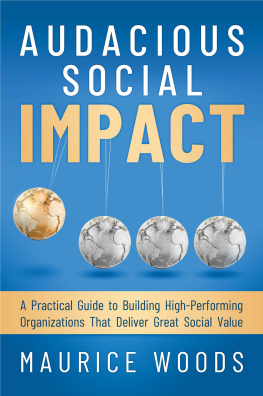

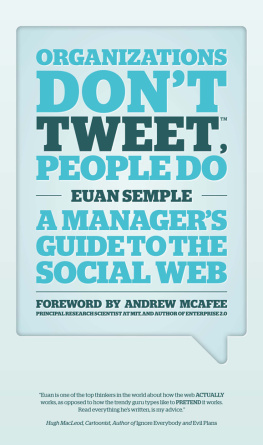
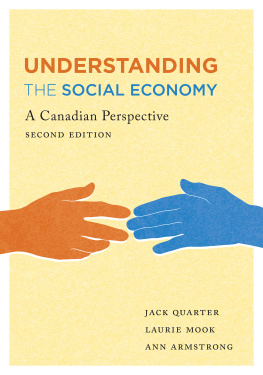
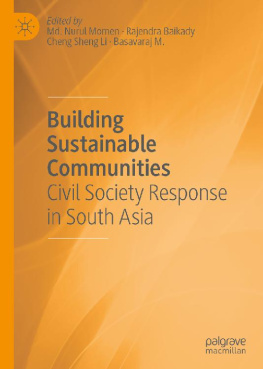
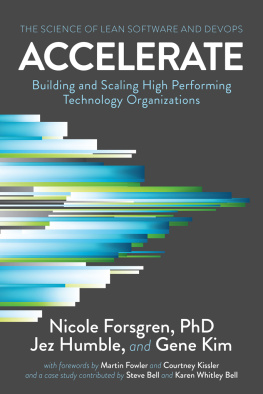
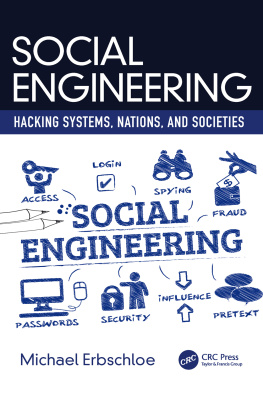
![Keith A. Allman [Keith A. Allman] - Impact Investment: A Practical Guide to Investment Process and Social Impact Analysis](/uploads/posts/book/124124/thumbs/keith-a-allman-keith-a-allman-impact.jpg)
